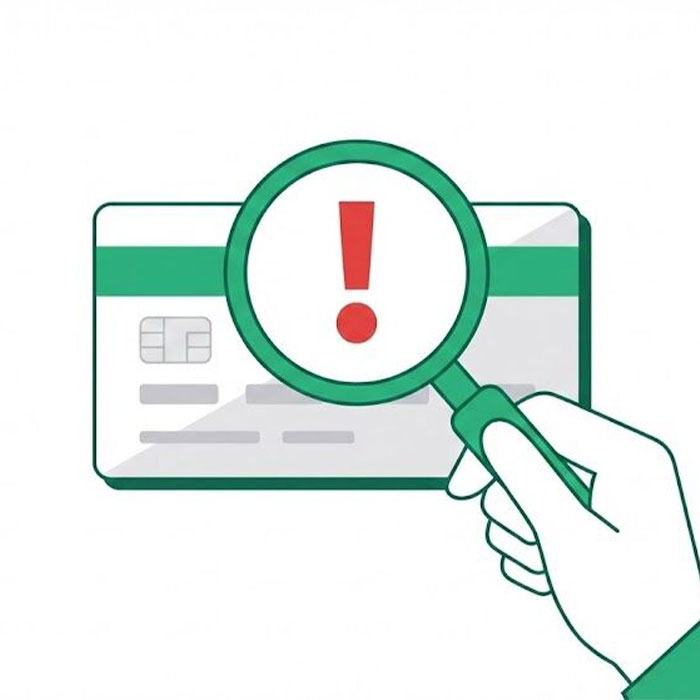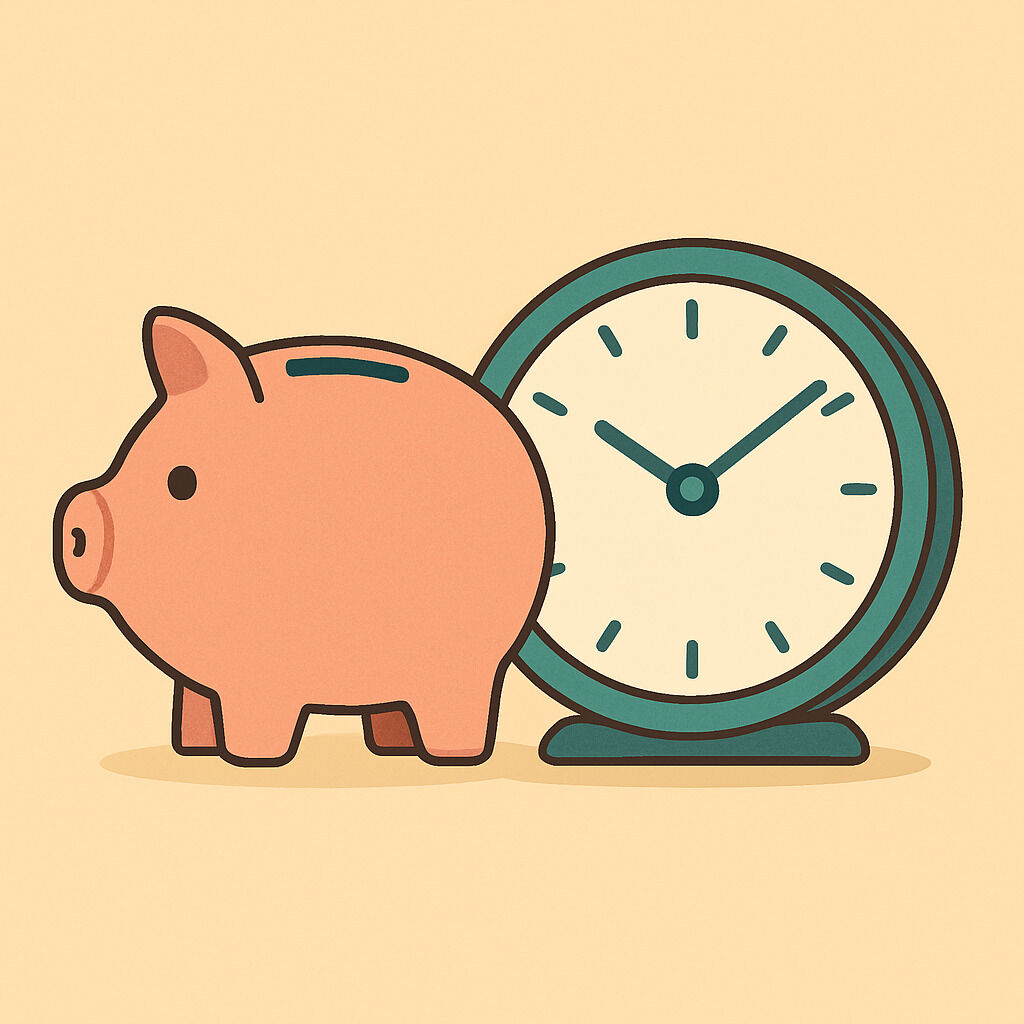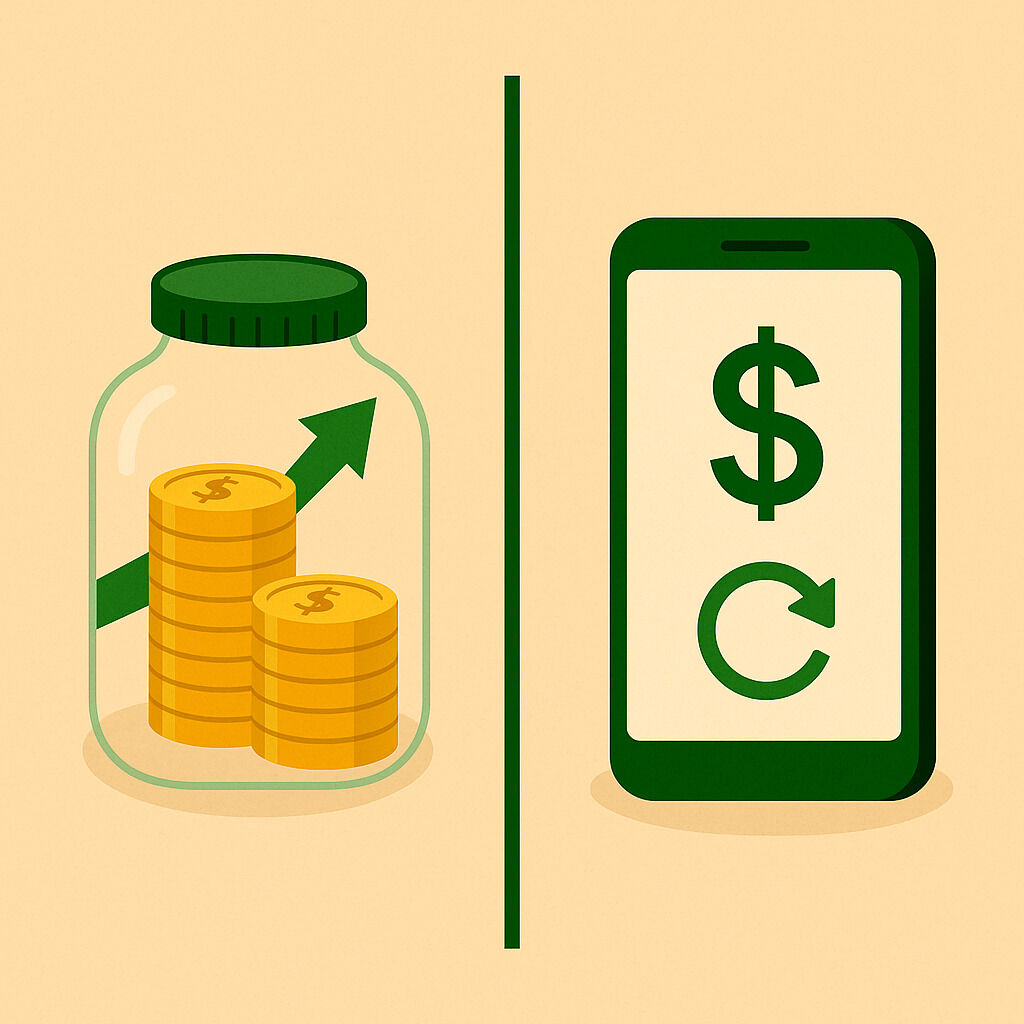This guide explains the essential steps to establish or improve your credit, starting from zero and progressing through safe tools and habits. You’ll learn why credit matters, how payment history and credit utilization drive your score, which beginner‑friendly products to consider, and how to monitor progress—all backed by industry data.
Building credit may seem complicated, but it doesn’t have to be. If you’re new to borrowing or recovering from past setbacks, knowing where to begin is often the hardest part. This guide walks you through how credit works, why it matters, and practical steps—using tools like loans and cards—to build responsibly.
Why Credit Matters
Credit influences almost every major financial decision you make. Your credit score tells lenders how dependable you are at repaying debts and paying bills on time. A higher score often unlocks lower interest rates, better loan terms, and smoother rental or job applications. In the U.S., three agencies—Experian, Equifax, and TransUnion—compile your payment history, amounts owed, account age, new credit, and credit mix into a 300–850 score range.
Here’s a table comparing estimated monthly payments for a $50,000 car lease (36-month term) based on three credit score tiers, along with key financial implications:

Getting Started Without a Credit History
If you’ve never had a credit card or loan before, your credit file might be empty. That’s normal — and fixable.
Credit-built Loan
Many people begin building credit with something called a credit-builder loan. These small loans are designed for people with little or no credit history. Instead of giving you cash upfront, the lender holds the loan amount in a secured account. As you make monthly payments, they report your activity to the credit bureaus. Once you’ve finished paying it off, you receive the funds. It's a safe way to establish a positive payment record.
Secured Credit Card
Another beginner-friendly option is a secured credit card. These require a small cash deposit that acts as your credit limit. You use the card just like a regular credit card, and the issuer reports your payments to the bureaus. Over time, consistent on-time payments help you build a strong record.
Using both together can help you build credit faster. While secured cards are less common at traditional banks today, they’re still available. You can use a secured card for daily spending, and let a credit builder loan like Cheers run in the background to automate the process.
Cheers Credit Builder doesn’t require a credit check. Your payments are reported to all three major credit bureaus and held in an FDIC-insured account through our banking partner, Sunrise Bank, Member FDIC. Cheers is not a bank.
Staying Consistent with Payments
Your payment history accounts for 35 percent of your FICO score—the single largest factor. Even making the minimum payment on time is better than missing a due dateInvestopedia. Automating payments or setting reminders helps you avoid late fees and protect your scoreInvestopedia.
Avoiding 3 Common Mistakes to Avoid
Applying for multiple cards at once triggers several hard inquiries, which can temporarily lower your score. Closing old accounts reduces your average account age and can hurt your score in the long run. Choose one or two tools and use them well rather than chasing every new offer. Here are three common mistakes—and how to avoid them:
- Applying for too many credit cards at once
Each new application triggers a hard inquiry, which can temporarily lower your credit score. Multiple inquiries within a short time frame may signal risk to lenders. Instead, start with one or two well-suited products and focus on consistent use. - Closing old accounts too soon
Older accounts help lengthen your average credit age, which contributes to your score. Closing them—especially those in good standing—can reduce this average and may negatively impact your profile. Unless there's a fee or risk, keeping older accounts open is often a better long-term move. - Chasing every new offer
New cards with sign-up bonuses may seem tempting, but frequent new credit can add complexity and risk. Focus instead on building strong habits with the tools you already have. Responsible use over time makes a bigger impact than short-term perks.
Introducing Cheers Credit Builder
Cheers Credit Builder is an autopilot installment loan that works alongside your credit card usage. With plans from $528 to $3,168 over 12–24 months, and only a simple 1% monthly APR (12% annual APR), Cheers charges no setup or membership fee. Each on‑time monthly payment is reported to Experian, Equifax, and TransUnion—covering the 35% payment‑history factor (40% of your score impact) and enhancing your credit mix, the 10% diversity component.

Two parts of your credit score matter more than most: payment history and credit mix. Combined, they make up 45% of your FICO score, and they’re key to turning a blank or damaged credit file into a solid financial foundation.
Your payment history shows if you’ve paid on time—and on-time payments are the biggest trust signal to lenders. Even one missed payment can hurt your score. That’s why tools that report monthly payments, like credit-builder loans, are a smart starting point. Learn more about payment history.
Credit mix looks at the variety of your credit accounts. Having both a loan and a credit card shows you can manage different types of debt.
Cheers Credit Builder helps with both. It reports monthly payments to all three credit bureaus while adding an installment loan to your mix—helping build your score on autopilot
Conclusion
Building credit is a marathon, not a sprint. Start small with a credit‑builder loan or secured card, pay on time, keep utilization low, and let solutions like Cheers reinforce your progress automatically. Over time, you’ll earn the score and financial freedom you deserve.
References
- https://www.investopedia.com/building-credit-4689723
- https://www.investopedia.com/terms/c/credit_score.asp?
- https://www.investopedia.com/ask/answers/040715/how-does-your-checking-account-affect-your-credit-score.asp?
- https://www.credello.com/credit/how-to-improve-credit-utilization-ratio/
- https://www.investopedia.com/articles/personal-finance/120414/what-good-credit-score.asp?
- https://www.myfico.com/credit-education/whats-in-your-credit-score
























.png)










